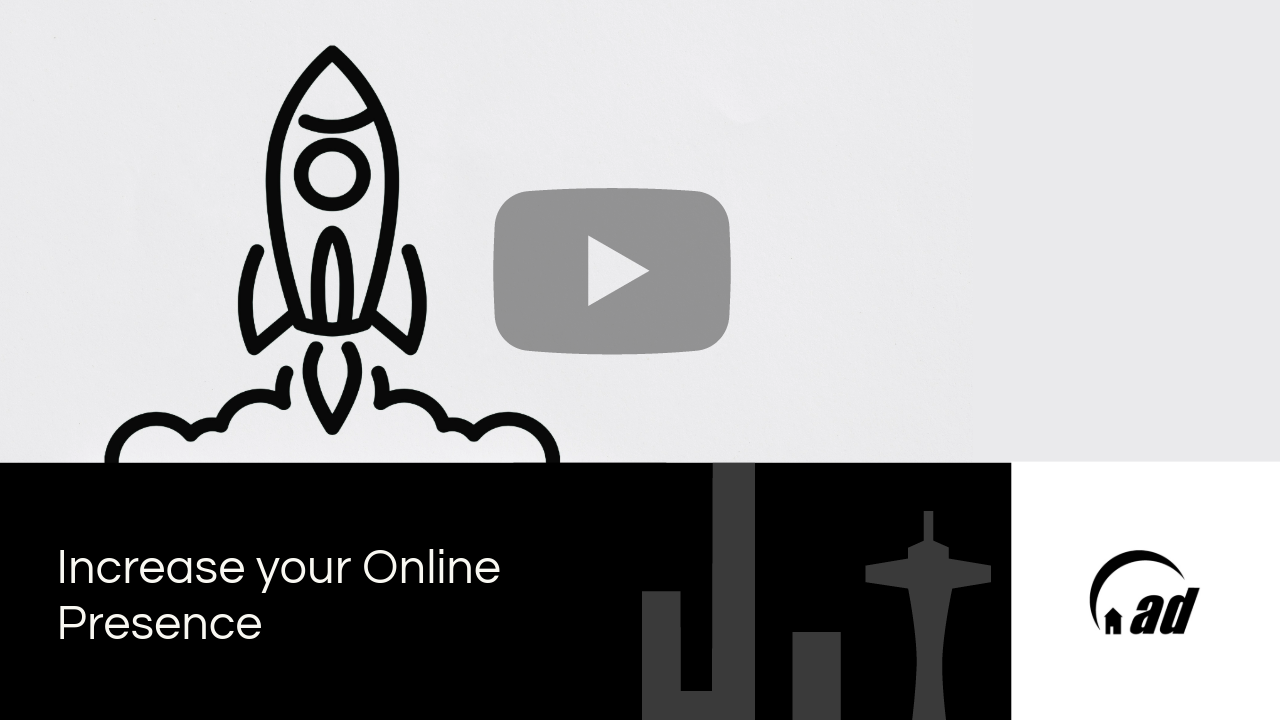Common SEO Mistakes to Avoid When Launching a New Website
When launching a new website, it’s easy to get caught up in the excitement of going live, choosing the perfect design, and creating engaging content. However, in this rush, many people overlook one crucial element—SEO. Without a solid SEO strategy, even the most visually stunning and content-rich websites may struggle to gain traction in search engines. Let’s explore some common SEO mistakes to avoid when launching your website, ensuring it’s set up for long-term success.
Neglecting Keyword Research
One of the most fundamental aspects of SEO is keyword research. Before you even begin creating content, you should clearly understand which keywords your target audience is searching for. Many new website owners skip this crucial step, assuming that good content alone will suffice. Without proper keyword research, you risk optimizing your site for terms that don’t drive relevant traffic or missing out on valuable search opportunities altogether. Invest time in researching high-traffic, low-competition keywords that align with your business goals and customer needs.
Overloading with Keywords
While it’s important to include relevant keywords, overstuffing your content with them is a big mistake. This outdated tactic, known as "keyword stuffing," may have worked in the early days of SEO, but search engines have since become much more sophisticated. Websites that engage in keyword stuffing are often penalized, resulting in lower rankings. Instead, focus on creating valuable content that naturally incorporates your target keywords, ensuring that your writing remains clear and engaging for readers.
Ignoring Meta Titles and Descriptions
Meta titles and descriptions are vital pieces of the SEO puzzle, yet they are often overlooked. These elements help search engines understand your page’s content and provide users with a snapshot of what to expect when they see your site in search results. Neglecting to optimize these components can result in missed opportunities to attract clicks. Be sure that each page of your website has a unique, concise meta title and description that includes relevant keywords, providing both search engines and users with valuable information.
Not Setting Up Analytics and Tracking Tools
Data is your best friend when it comes to SEO. Many new website owners make the mistake of launching a new website without setting up analytics tools. Tools like Google Analytics or Google Search Console are essential. They allow you to monitor how your site is performing. You can see where traffic comes from and what keywords are driving that traffic. Without this data, making informed decisions or identifying areas for improvement is difficult. Before going live, ensure these tracking tools are in place so that you can measure the success of your SEO efforts from day one.

Focusing Solely on Desktop Optimization
With the rise of mobile search, optimizing your website solely for desktop users is no longer enough. Search engines like Google prioritize mobile-friendly websites in their rankings, and a poor mobile experience can result in higher bounce rates. Unfortunately, many new site owners still overlook mobile optimization, which can severely impact SEO performance. Ensure that your site is responsive and adapts seamlessly to different screen sizes, providing users with a smooth experience on a smartphone, tablet, or desktop.
Skipping Image Optimization
Images play a crucial role in creating an engaging website, but they can also negatively impact SEO if not properly optimized. Large image files can significantly slow down your website’s load time, a key factor in search engine rankings. Many new website owners make the mistake of uploading high-resolution images without compressing them. Additionally, neglecting to add alt text—descriptive tags for images that help search engines understand their content—can result in missed SEO opportunities. To avoid these pitfalls, make sure your photos are compressed for faster loading and always include relevant alt text.

Forgetting About Internal Linking
Internal linking is an essential aspect of SEO that is often overlooked during the website launch phase. Internal links help search engines crawl your website more effectively and distribute "link equity" (ranking power) throughout your site. Without a strong internal linking structure, you risk certain pages becoming "orphaned." Orphaned pages are not connected to other parts of your site, making them harder for both search engines and users to find. Make sure to include internal links that guide visitors through your site. This also helps search engines index your pages more efficiently.
Publishing Duplicate Content
Duplicate content is one of the biggest typical SEO roadblocks for new websites. Whether intentional or accidental, publishing duplicate content—whether it’s on your own site or across multiple domains—can hurt your search rankings. Search engines strive to provide users with the most relevant and original content. When search engines encounter various pages with identical or very similar content, they may struggle to determine which one to rank. Even worse, they may penalize your site for content duplication. Always ensure that each page on your website offers unique value. Avoid using content from other sites without adding significant insights or updates.
Not Having a Sitemap
A sitemap is a file that lists all the pages on your website. It helps search engines crawl and index your content. While search engines can discover most pages independently, a sitemap makes the process faster and more efficient. It ensures that all your important content is found and ranked. New website owners often overlook the importance of a sitemap, leading to poor indexing and visibility issues. Before launching, create an XML sitemap and submit it to Google Search Console to help search engines find and rank your content more easily.
Neglecting to Build Backlinks
Backlinks, or links from other websites that point to your site, are one of the most important ranking factors for search engines. New website owners sometimes focus solely on on-page SEO without considering the importance of off-page factors like backlinks. Without a strategy to build high-quality backlinks, your site may struggle to gain authority and rank for competitive keywords. Start by reaching out to reputable sites in your niche for guest posting opportunities, creating shareable content, and actively engaging with your online community to encourage natural link-building.
Conclusion: Launching a New Website Successfully
Launching a new website is an exciting milestone, but overlooking SEO can lead to missed opportunities and poor search performance. By avoiding these common mistakes—such as neglecting keyword research, skipping mobile optimization, and ignoring internal links—you can set your site up for long-term success. Take the time to implement a solid SEO strategy from the beginning. This will help your website gain visibility and attract relevant traffic. It will also ensure a smooth experience for your users.
Author’s bio:
Eric Lewis is an experienced copywriter and digital marketing expert specializing in SEO and content strategy. Passionate about helping businesses grow online, Eric Lewis shares actionable tips to enhance website visibility and drive organic traffic.
Picture Links:
https://www.pexels.com/photo/two-imac-s-with-keyboard-and-phones-on-desk-326503/
https://www.pexels.com/photo/letters-on-the-wooden-blocks-9822732/
https://www.pexels.com/photo/bokeh-effect-of-black-sony-point-and-shoot-camera-371909/
Share
Tips & Updates








